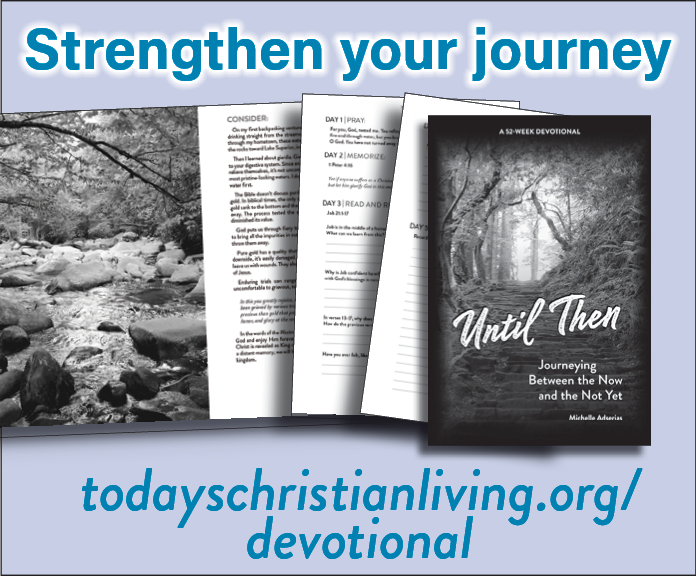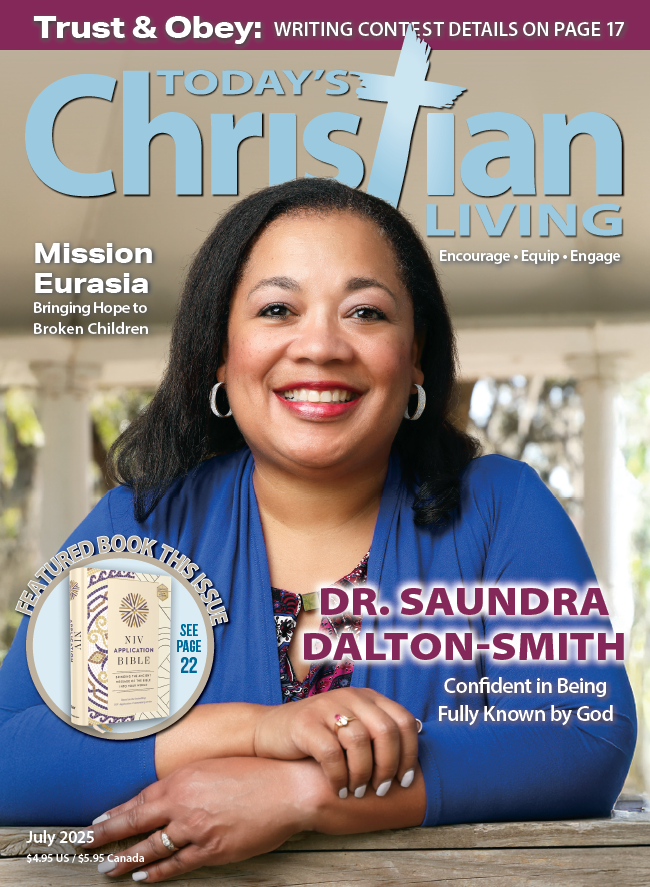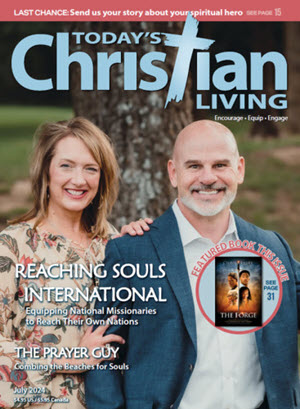From the time we’re children, we’re taught to understand and interpret pain in a negative way. We’re quickly given pain relievers for bruises and cuts. We’re taught to tell parents and doctors where it hurts so they can locate the problem. And we’re taught to immediately tend to others who are in pain. While all those concepts and practices are good and justifiable, I’m in a season both personally and professionally where I’m beginning to realize the importance and the value of pain.
Professional Value of Pain
In my business, I often coach other authors in their writing. As my one friend graciously stated, I’m “like a personal trainer for writers.” Of course, this comes with a bit of irony, as I used to be a personal trainer, and many fitness trainers adopt the theory of “no pain, no gain.” In my business now, I consistently see the best writing coming from my clients when they write from a place of pain. I often even coach them to pursue those painful places and memories to write from.
Personal Struggle
Truthfully, though, I hate pain. I don’t like to watch the news because I can’t sleep after witnessing the horrors and real pain of so many others. I want to save everyone I know from pain. I want to fix whatever pain is there and I want everyone to be at peace and comfortable. I consider Paul’s thorn and how it benefited him. Without Jesus’s crucifixion, none of us would have stood a chance. I know these truths, yet I tend to still be like Peter in the background, saying, “I will never allow it!” This remains an ongoing struggle — letting the pain be, when it’s not my place to tend to it, fix it, or pluck it out.
Even in the struggle, I can’t ignore the fact, though, that I’ve always been able to see God more clearly through a broken heart. I’m more resistant to Him when I’m not in pain. Even if I initially hesitate or end up going kicking and screaming, the pain consistently brings me closer to Him. I believe Jesus’s rebuke over Peter was not only because He saw Satan’s tactic to try to interfere with His mission, but also to keep Peter’s heart distant and out-of-sync with the Lord’s. Yet Jesus wanted Peter with Him, even in His own pain, because He knew the outcome and the benefit of it.
A Better Sacrifice
Like this example, there would be no powerful testimonies without pain. I’m not sure there’d be any great writers if they had never experienced the contrast between pain and bliss and, in turn, no readers to cherish their words. I recall that, even from childhood, no fairy tale was without at least a brief moment of pain. Let me walk in this day, O Lord, with a clean heart, even a broken one at that, if it means I get to walk one step closer to you.
“For You do not desire sacrifice, or else I would give it; You do not delight in burnt offering. The sacrifices of God are a broken spirit, a broken and contrite heart — These, O God, You will not despise” (Psalm 51:16–17 NKJV).









